“The Chemical Choir: A History of Alchemy” by P.G. Maxwell-Stuart
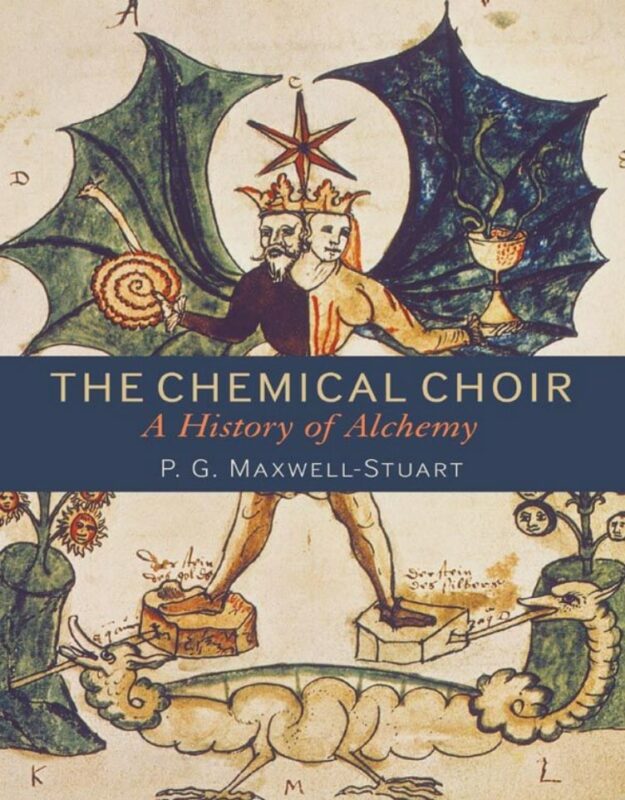
"A pre-cursor to contemporary chemistry and physics, alchemy began as the pursuit of knowledge, initially in China as a search for the secret of immortality, and appearing independently in Egypt as an attempt to produce gold through the arts of smelting and alloying metals. In The Chemical Choir, P.G. Maxwell-Stewart authoritatively traces the fascinating history of alchemy from its earliest incarnations right up to its legacy in modern science as we know it today.
Continuing from its roots in China and Egypt, alchemy received a great boost in Europe from work done by Islamic and Jewish alchemists, whose written accounts were translated into Latin and combined with what was known of Greek natural science to produce an outburst of attempts to manipulate matter and change it into transformative substances called the Philosopher's stone and the elixir of life. Alchemy's heyday in Europe was the sixteenth and seventeenth centuries, as practiced by the great minds of the age of Reason, including, among others, Sir Isaac Newton.
During this time, demonstrations of the alchemist's art were performed in royal courts under conditions meant to obviate any fraud, and specimens of the gold so transmuted can be seen in various museums. During the nineteenth century, attempts were made to amalgamate alchemy with the religious and occult philosophies then growing in popularity; and in the twentieth century psychologists—principally Carl Jung—perceived in alchemy a powerful vehicle for aspects of their theories about human nature. At the same time, laboratory scientists continued to experiment in ways very similar to those of their medieval and early modern forebears.
A lively overview of alchemy and its practitioners from the earliest times to the present, P.G. Maxwell-Stuart explores the changing importance and interest in alchemy through its historical, cultural, and intellectual contexts, revealing that the study of alchemy is not merely one of the stranger byways of antiquarianism, but rather a living part of the history of science itself."
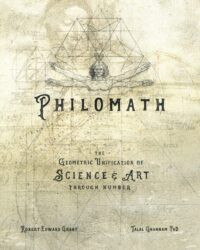
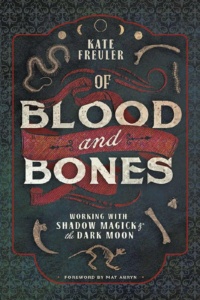
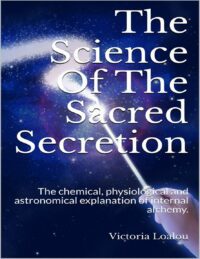
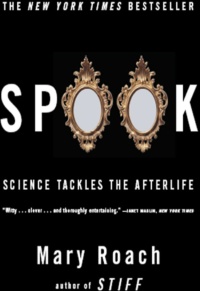
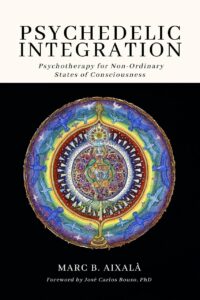

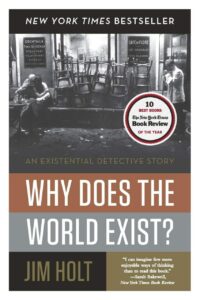
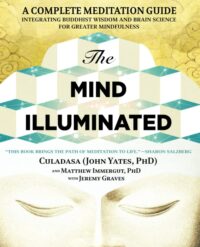

Comments and discussion can be found in the channel